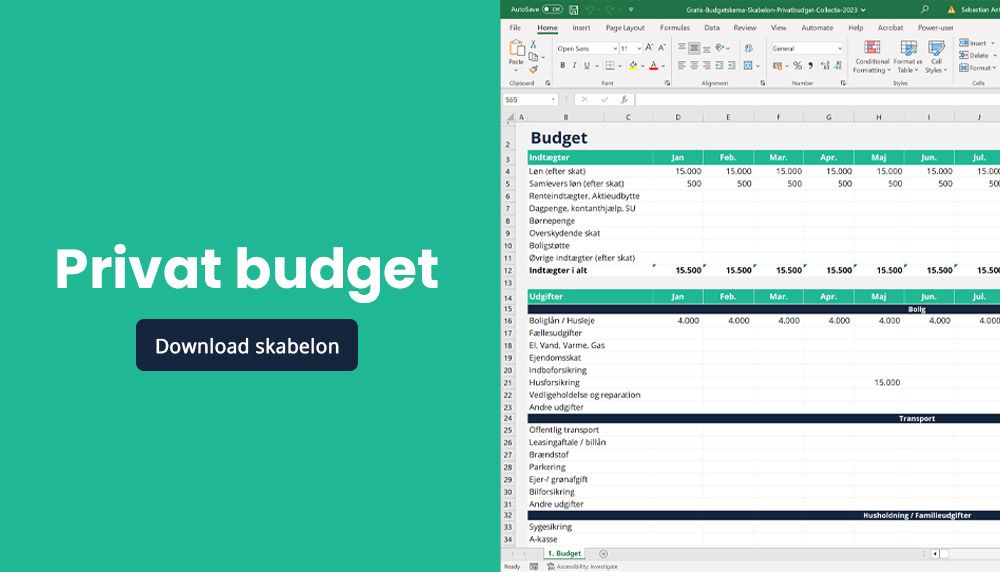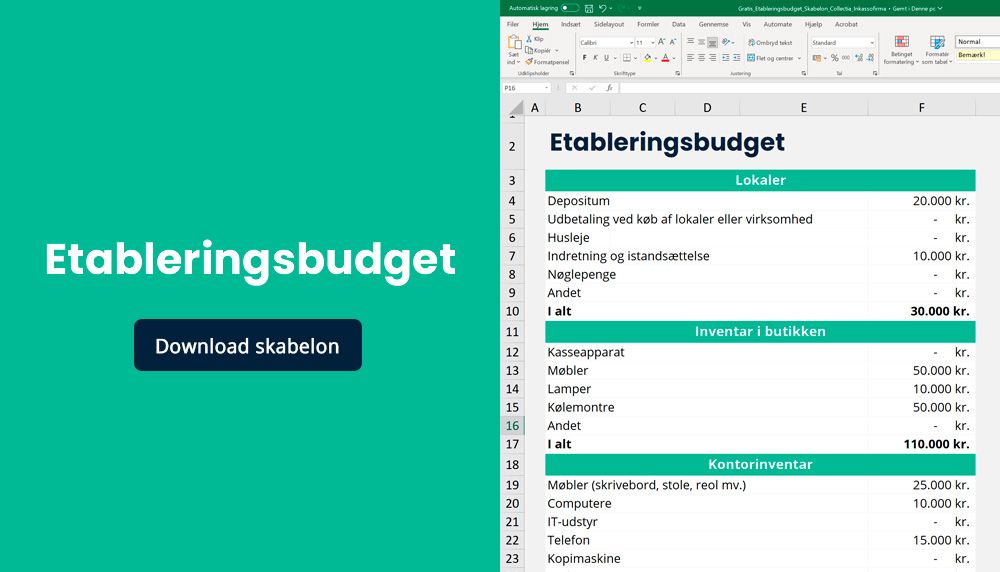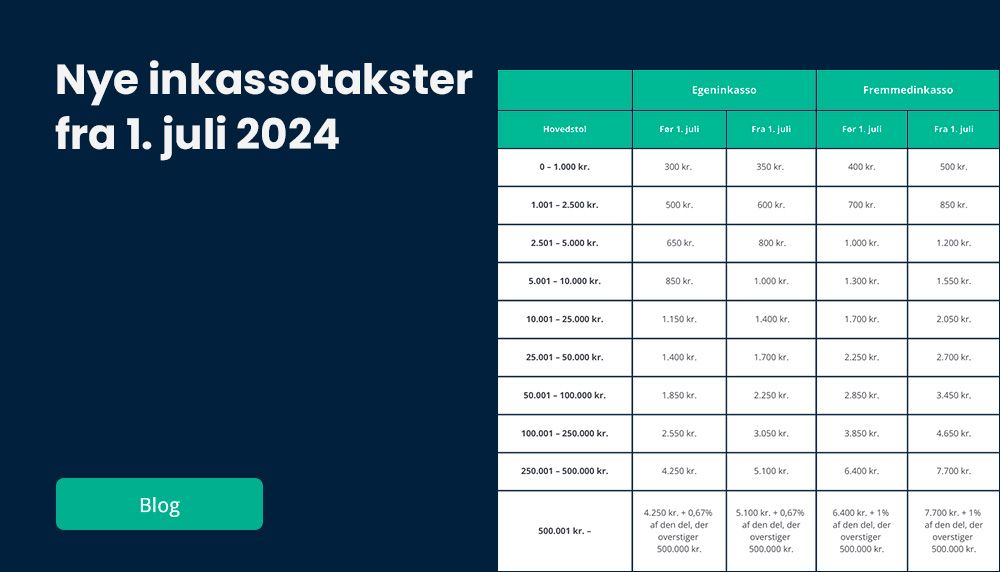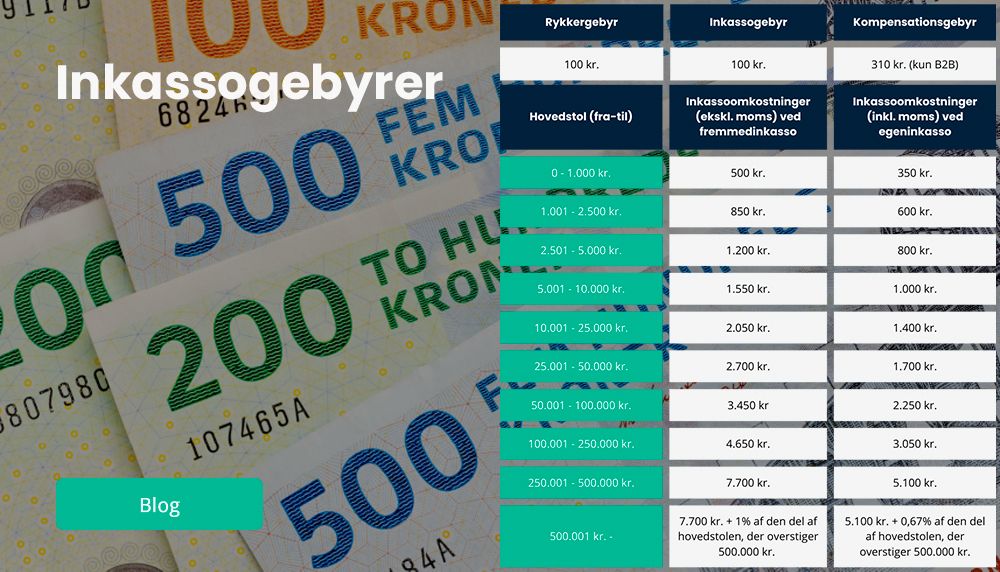
What is a demand note?
A demand is a legal term for a claim that you as a company or individual have against another individual, company or public authority. In debt collection, a demand typically refers to a demand for payment from a creditor to a debtor.
A claim does not necessarily have to be about finances, money or non-payment, but can also be about things that one party wants another party to perform or rectify. For example, a tenant can make a claim against their landlord to put certain things right, or if you receive a defective product from a retailer, you can make a claim to have the product replaced.
In most cases, we find that many demands have a financial purpose, which is often non-payment, unpaid invoices or unpaid rent.
How do you make a claim?
A claim can be addressed in many ways, but it always starts with a demand letter. A demand letter is a letter that contains the claim that the sender has.
If the claim is for non-payment, the demand letter must specify what the claim relates to and what the amount is. In addition, the demand letter must contain a notice that the creditor wants their claim paid within 10 days from today's date. If this does not happen, the actual debt collection can be initiated.
The requirement to send a demand letter applies both when the creditor wants to initiate debt collection themselves and when debt collection is to be initiated by, for example, a debt collection company.
The demand note is also commonly referred to as a debt collection notice when the claim relates to debt collection. The debt collection notice, as the name suggests, is a notice of collection and has the same purpose as the demand note: to give the debtor a deadline to pay the claim before legal action or out-of-court collection is taken.
What does a demand note contain?
A demand is communicated through a demand letter and specifies what you expect from the other party - this could be rectification of an error, removal of material or a demand for payment.
The claim must clearly and precisely specify the claim so that the recipient is in no doubt as to what the claim is about.
In addition, the demand must specify a deadline, often 10 days or longer, especially when it comes to debt collection and outstanding payments. The demand letter should also mention the consequences of not complying with the demand. In the case of debt collection, this could be, for example, legal action or the initiation of debt collection.
Read more about demand letters here.











